
Ernst Jünger was a German author, highly decorated soldier, philosopher, and entomologist who became publicly known for his World War I memoir Storm of Steel.

Abū al-Qāsim Khalaf ibn al-'Abbās al-Zahrāwī al-Ansari, popularly known as al-Zahrawi (الزهراوي), Latinised as Albucasis or Abulcasis, was a physician, surgeon and chemist from al-Andalus. He is considered one of the greatest surgeons of the Middle Ages.
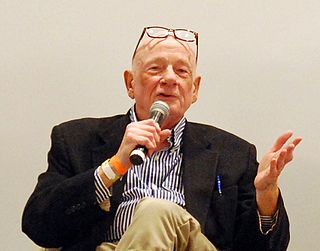
Raymond A. Moody Jr. is an American philosopher, psychiatrist, physician and author, most widely known for his books about afterlife and near-death experiences (NDE), a term that he coined in 1975 in his best-selling book Life After Life. His research explores personal accounts of subjective phenomena encountered in near-death experiences, particularly those of people who have apparently died but been resuscitated. He has widely published his views on what he terms near-death-experience psychology.

Internal bleeding is a loss of blood from a blood vessel that collects inside the body, and is not usually visible from the outside. It can be a serious medical emergency but the extent of severity depends on bleeding rate and location of the bleeding. Severe internal bleeding into the chest, abdomen, pelvis, or thighs can cause hemorrhagic shock or death if proper medical treatment is not received quickly. Internal bleeding is a medical emergency and should be treated immediately by medical professionals.
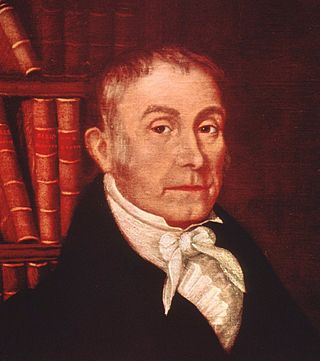
Ephraim McDowell was an American physician and pioneer surgeon. The first person to successfully remove an ovarian tumor, he has been called "the father of ovariotomy" as well as founding father of abdominal surgery.

The Kitāb al-Taṣrīf, known in English as The Method of Medicine, is a 30-volume Arabic encyclopedia on medicine and surgery, written near the year 1000 by Abu al-Qasim al-Zahrawi (Abulcasis). It is available in translation. The Kitab al-Tasrif took al-Zahrawi over 50 years to complete. It contains information about a wide variety of illnesses, injuries, medical conditions, treatments, and surgical procedures. It describes over 200 different surgical instruments. Surgeons continued to rely on the Kitab al-Tasrif well into the 1700s.
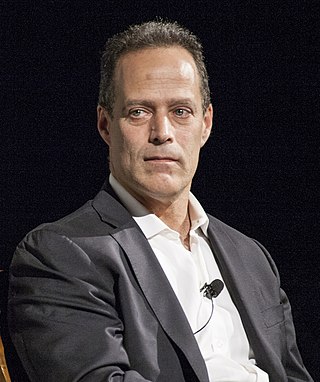
Sebastian Junger is an American journalist, author and filmmaker who has reported in-the-field on dirty, dangerous and demanding occupations and the experience of infantry combat. He is the author of The Perfect Storm: A True Story of Men Against the Sea (1997) which was adapted into a major motion picture and led to a resurgence in adventure creative nonfiction writing. He covered the War in Afghanistan for more than a decade, often embedded in dangerous and remote military outposts. The book War (2010) was drawn from his field reporting for Vanity Fair, that also served as the background for the documentary film Restrepo (2010) which received the Grand Jury Prize for best documentary at the 2010 Sundance Film Festival. Junger's works explore themes such as brotherhood, trauma, and the relationship of the individual to society as told from the far reaches of human experience.
Valentino's syndrome is pain presenting in the right lower quadrant of the abdomen caused by a duodenal ulcer with perforation through the retroperitoneum.
Pam Reynolds Lowery, from Atlanta, Georgia, was an American singer-songwriter. In 1991, at the age of 35, she stated that she had a near-death experience (NDE) during a brain operation performed by Robert F. Spetzler at the Barrow Neurological Institute in Phoenix, Arizona. Reynolds was under close medical monitoring during the entire operation. During part of the operation she had no brain-wave activity and no blood flowing in her brain, which rendered her clinically dead. She claimed to have made several observations during the procedure which medical personnel reported to be accurate.
Eben Alexander III is an American neurosurgeon and author. In 2008, he went under a medically-induced coma while being treated for meningitis. His book Proof of Heaven: A Neurosurgeon's Journey into the Afterlife (2012) describes his near-death experience while in the coma. He asserts that the coma resulted in brain death, that consciousness is not only a product of the brain and that it can go on to an afterlife.

Luke of Simferopol, also known as Saint Luke the Blessed Surgeon, born Valentin Felixovich Voyno-Yasenetsky was a Russian surgeon, the founder of purulent surgery, a spiritual writer, a bishop of the Russian Orthodox Church, and archbishop of Simferopol and the Crimea from May 1946. He was a laureate of the Stalin Prize in medicine in 1946.

Fidel Pagés Miravé was a Spanish military surgeon, known for developing the technique of epidural anesthesia.

Karl Arthur Marlantes is an American author and Vietnam War veteran. He has written four books: Matterhorn: A Novel of the Vietnam War (2010), What It Is Like to Go to War (2011), Deep River (2019), and Cold Victory (2024).

The Hippocratic Crush, also known by its Chinese language title On Call 36 Hours is a 2012 Hong Kong television medical drama series produced by Poon Ka-tak and TVB. The drama follows the lives of young housemen, residents, and their mentors working in Mercy Hospital (慈愛醫院), a fictional hospital set in Hong Kong.
Damage control surgery is surgical intervention to keep the patient alive rather than correct the anatomy. It addresses the "lethal triad" for critically ill patients with severe hemorrhage affecting homeostasis leading to metabolic acidosis, hypothermia, and increased coagulopathy.

Melvin L. Morse is an American physician who specializes in pediatrics. He has authored several books and articles on paranormal science and near-death experiences in children, including the 1987 New York Times bestseller Closer to the Light, written jointly with Paul Perry, and with a foreword written by Raymond Moody. Morse has authored many journal articles, and has given media interviews on the subject of near-death experiences.
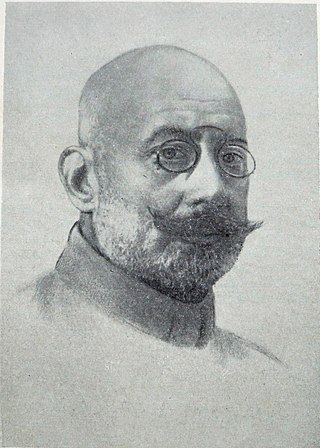
Sergey Petrovich Fedorov was a Russian Empire surgeon-urologist, professor of the Imperial Military Medical Academy (1903) and the Imperial Court Surgeon (1913). He is considered the founder of the largest national school of surgery and "the father of Russian urology".
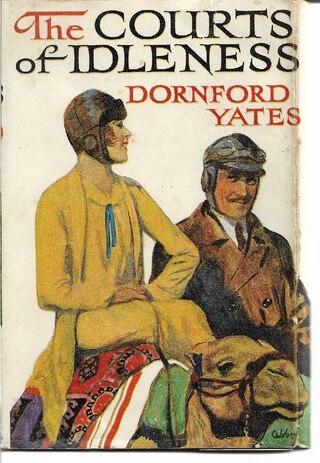
The Courts of Idleness is a 1920 collection of comic short stories by the English author Dornford Yates, his second book. Half of the tales feature his 'Berry' characters.

Surviving Death is a docu-series directed by Ricki Stern about near-death experiences and beliefs in life after death, and psychic mediumship. Its first season of six episodes was released on Netflix on 6 January 2021. The series is based on the 2017 book Surviving Death by journalist and paranormal enthusiast Leslie Kean.

War: As Soldiers Really Live It is a creative nonfiction book written by Sebastian Junger and published by W. W. Norton & Company in 2010.
















